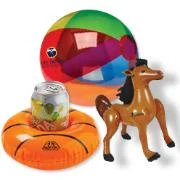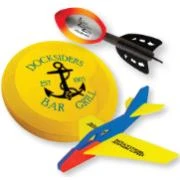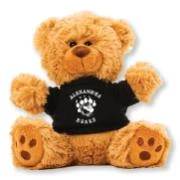Integrated Marketing with Promotional Products
PPAI Study Confirms Effectiveness Of Promotional Products When Compared To Traditional Media
Irving, Texas, (February 23, 2010) A late 2009, two-part study designed by Promotional Products Association International (PPAI) and fielded through independent research company MarketTools, Inc. evaluated a cross-section of the American consumer population about television, print, online and promotional products advertising. The study surveyed more than 1,000 consumers who recalled receiving a promotional product in the past 24 months.
The first part of the study, titled "Effectiveness Of Promotional Products As An Advertising Medium," focused solely on promotional products and evaluated the action, reaction and relationship of products and their recipients. The study found that:
94 percent could recall a promotional product they had received in the past two years
89 percent could also recall the advertiser
83 percent reported that they liked receiving promotional products
48 percent would like to receive promotional products more often
69 percent generally keep the promotional product
The study also looked at which promotional products are most popular and where popular items are kept. According to consumers, the top five items that would motivate them to take a particular action and/or lead them to have a more favorable impression of the advertiser were food baskets, MP3 players, clocks/watches, digital picture frames and luggage. Consumers also reported the kitchen and the office as the two most common places to display these items.
The second part of the study, titled "Promotional Products and Other Media" compared promotional products to mainstream media (television, print and online advertising) and evaluated their reach, as well as the consumer recall and reaction to each.
REACH
When compared to the extensive reach of television, there is an obvious disadvantage in this area for print, online and promotional products advertising. However, promotional products were the only media, despite this disadvantage, that showed staggering results in recall and reaction, areas that are often dependent on reach for success.
Nearly half of those surveyed reported receiving more than three promotional products within the past 12 months, while 56 percent reported seeing 11 or more television commercials, 50 percent reported seeing three or more print advertisements and 53 percent reported seeing one online advertisement all within a two-week timeframe.
RECALL
Promotional products—compared to TV, print and online advertising—consistently delivered on higher recall rates of the company/brand, the product/service or both.
An evaluation was conducted to see how many respondents could remember both the advertiser/company and the product/service/message advertised and in the case of promotional products, the product received, as well. The study found that:
83 percent could recall the brand/company advertised
75 percent remembered the product/service
80 percent clearly identified the type of promotional product
74 percent could recall the company/brand and the product/service/message advertised
69 percent could remember all three aspects
REACTION
This section asked consumers which particular action they took after viewing and/or receiving the advertisement. The study found that:
Consumers made a purchase after receiving a promotional product (20.9 percent) more often than after viewing a print ad (13.4 percent), TV commercial (7.1 percent) or online ad (4.6 percent).
More than half of promotional products recipients had a favorable impression of the advertiser, as opposed to 33.2 percent who had seen a print advertisement, 27.7 percent who had watched a TV commercial and 11.9 percent who had seen an online advertisement.
Nearly 60 percent of consumers reported using the promotional product several times, while 7.6 percent let someone else use the item and 4.4 percent passed the product on to someone else.
of consumers , while 7.6 percent let someone else use the item and 4.4 percent passed the product on to someone else.
14.7 percent of participants reported contacting the promotional products advertiser—a reaction rate nearly three times greater than other media, which generated a 3-5 percent response.
of participants reported contacting the promotional products advertiser—a , which generated a 3-5 percent response.
When respondents were asked if they had or had not taken action after seeing the advertisement, TV viewers topped the "had not" list with nearly half (46.4 percent) saying they were not moved to action, followed closely by 41.1 percent for print media and 33.2 percent for online advertisements. Only 23.1 percent of promotional products recipients reported not taking any action.
Resource Center


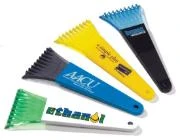
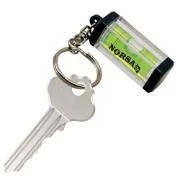
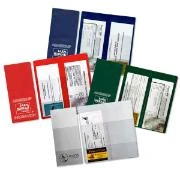
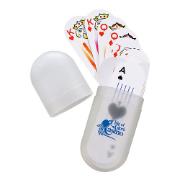
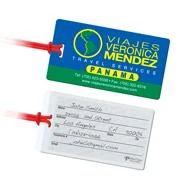
 (1).webp)
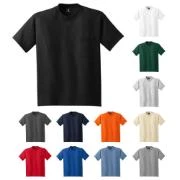
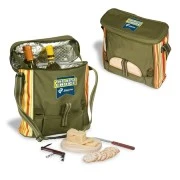
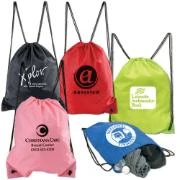
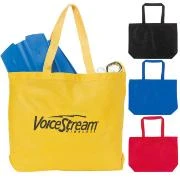
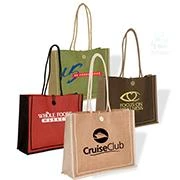
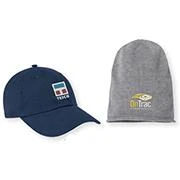
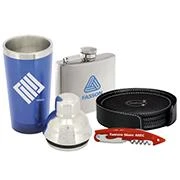
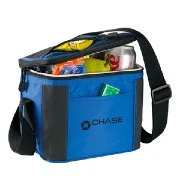
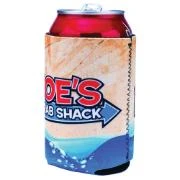
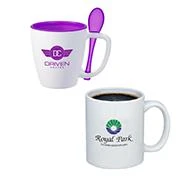
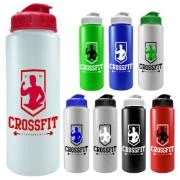
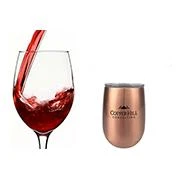
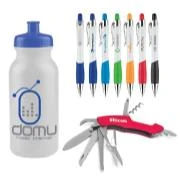
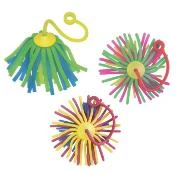
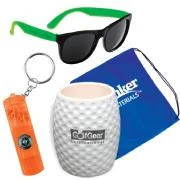
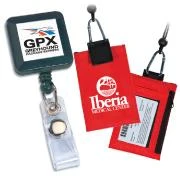
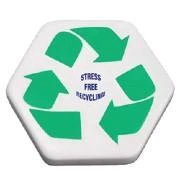
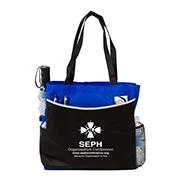
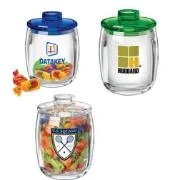

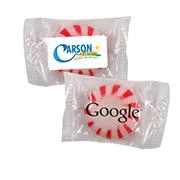

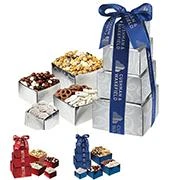
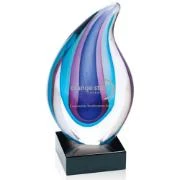
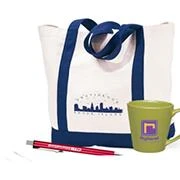
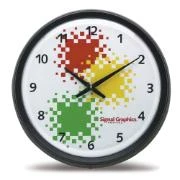

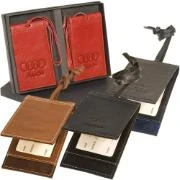
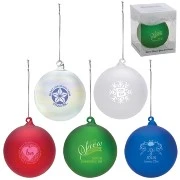

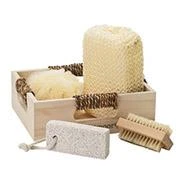

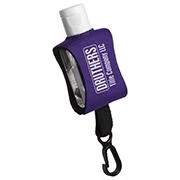
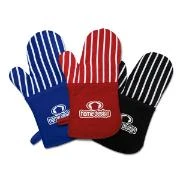
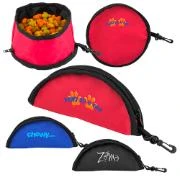
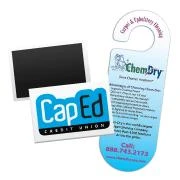

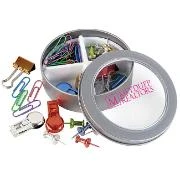
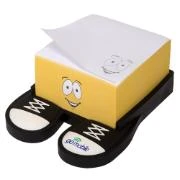
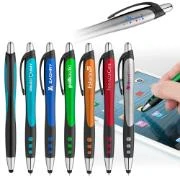
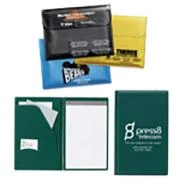
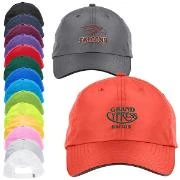
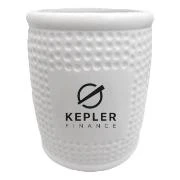
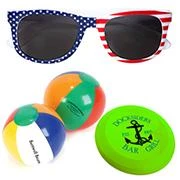


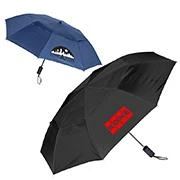
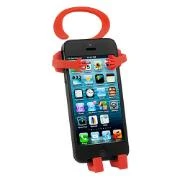
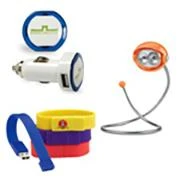
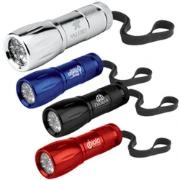
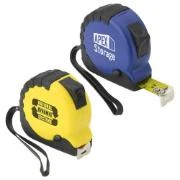

.webp)

